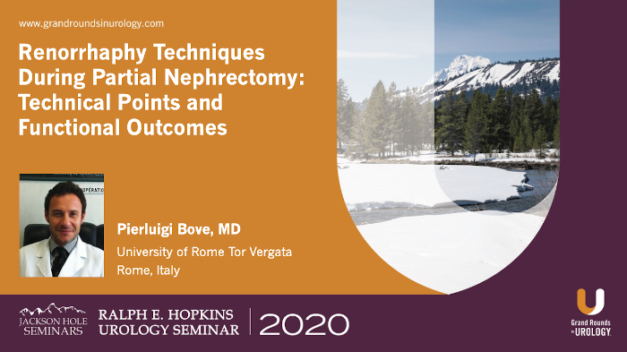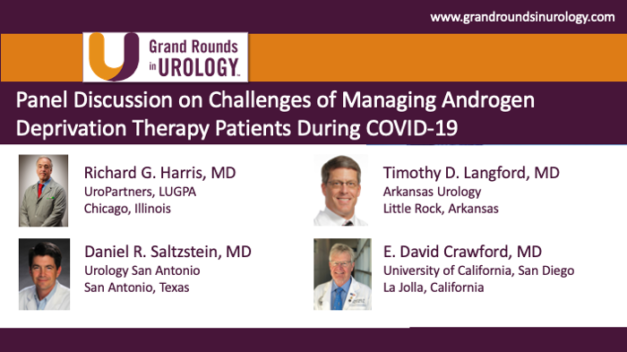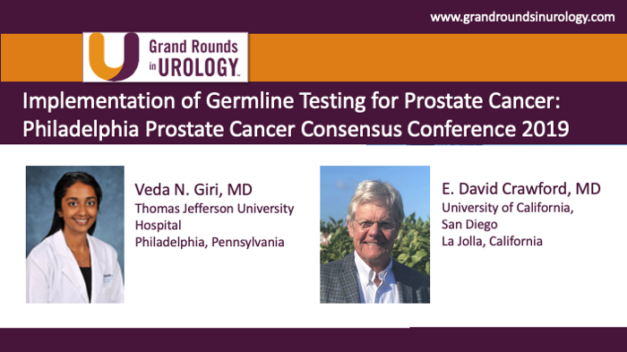Renorrhaphy Techniques During Partial Nephrectomy: Technical Points and Functional Outcomes
Pierluigi Bove, MD, Assistant Professor in Urology at the Tor Vergata University of Rome and Clinical Consultant at the University Polyclinic of Tor Vergata (Rome), argues that focusing on three goals— achieving parenchymal hemostasis at the end of the resection phase, ensuring closure of the collecting system, and avoiding indirect trauma—can help physicians decide which suturing technique to utilize. He explains the necessity of suturing experience, important aspects of the patient’s lesion and vascular anatomy to consider when decision-making, and how to utilize proper resection techniques in renorrhaphy.
Read More




